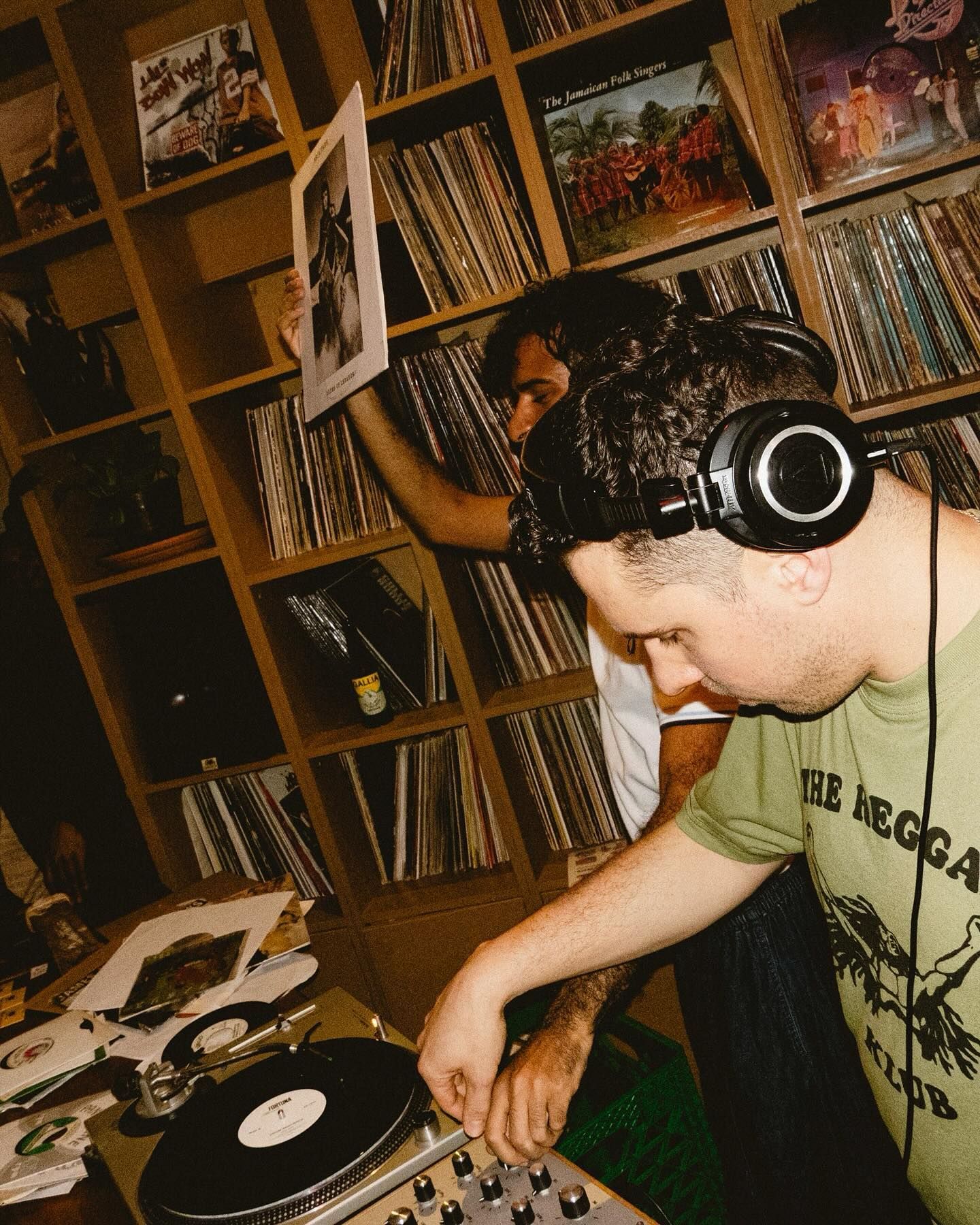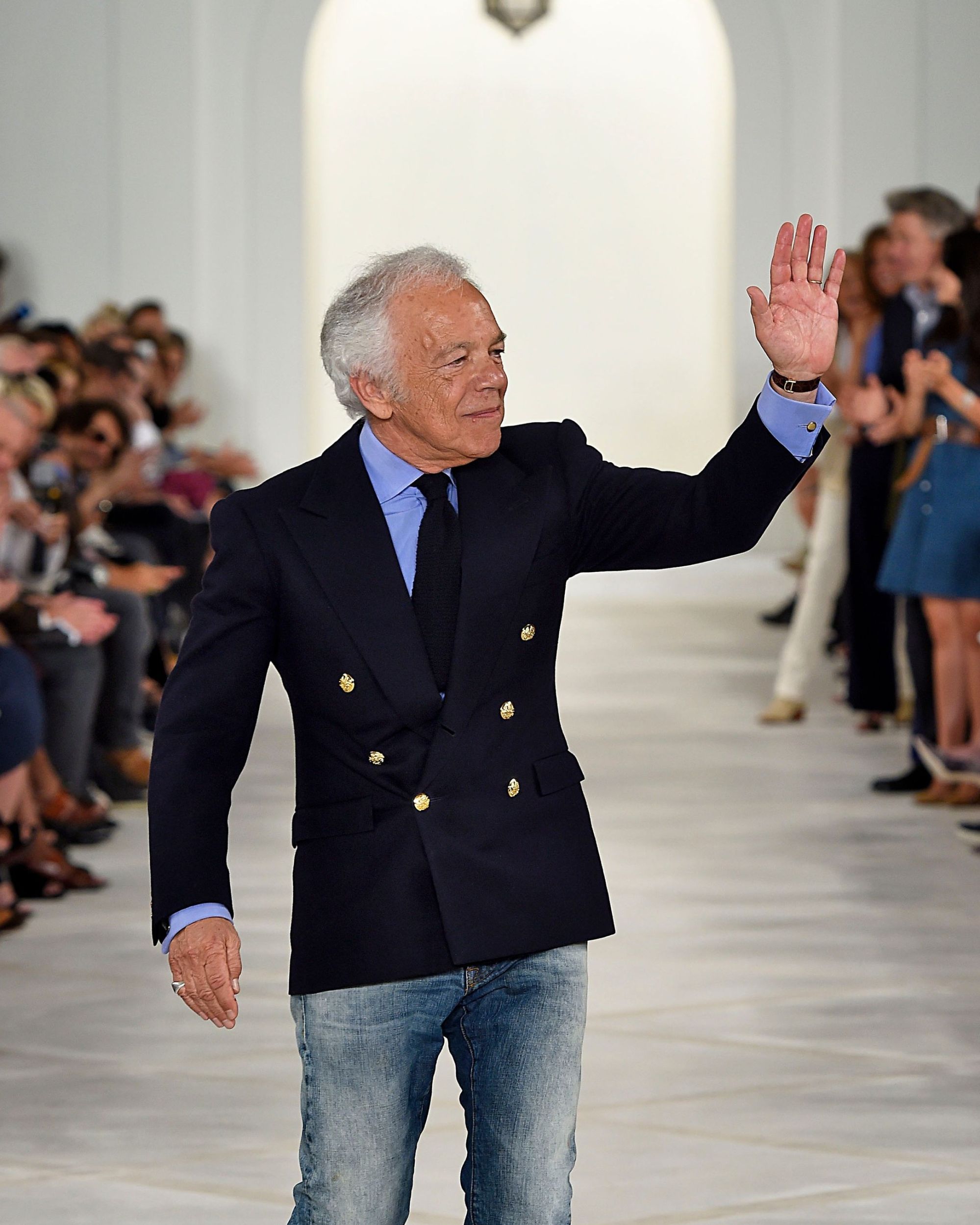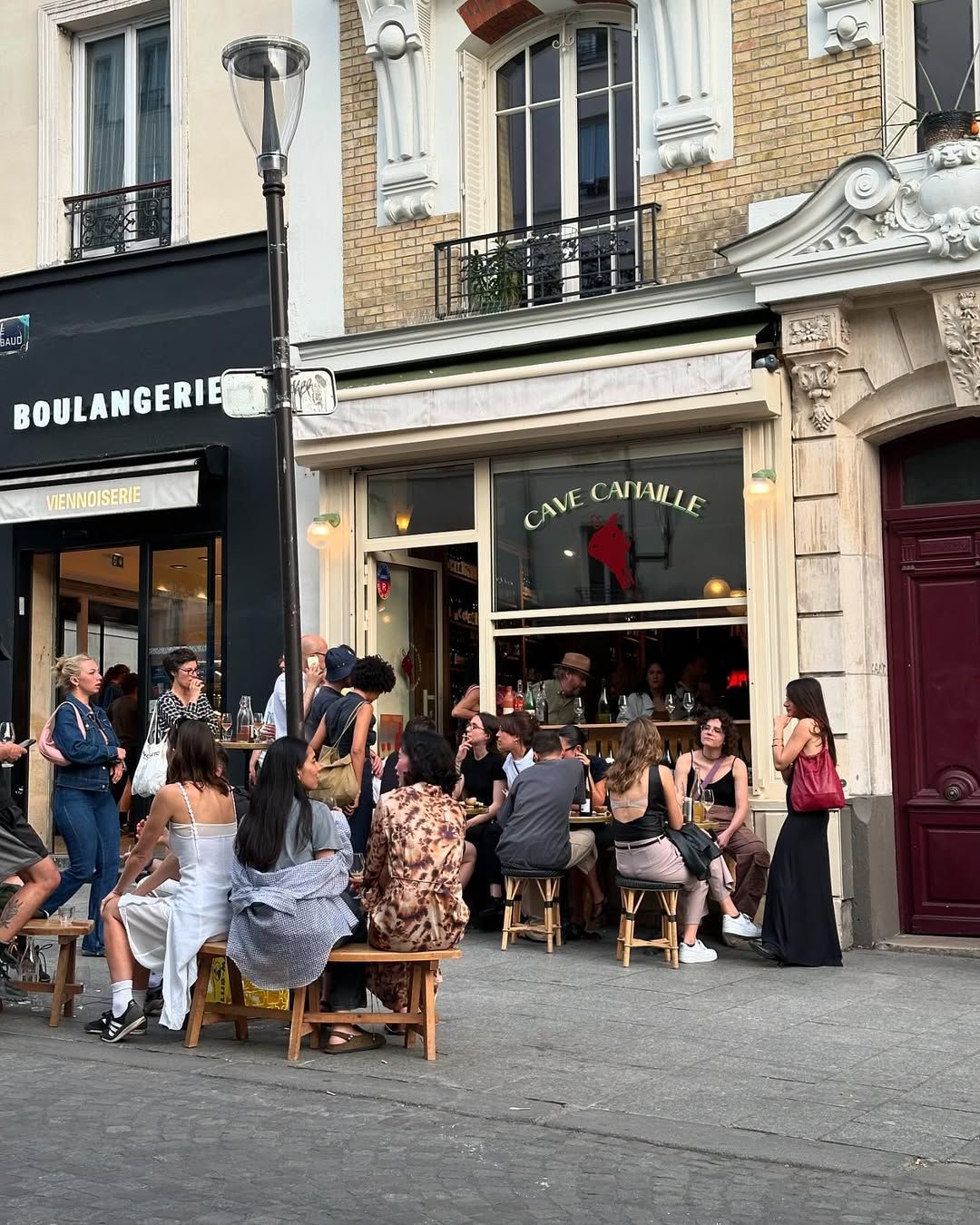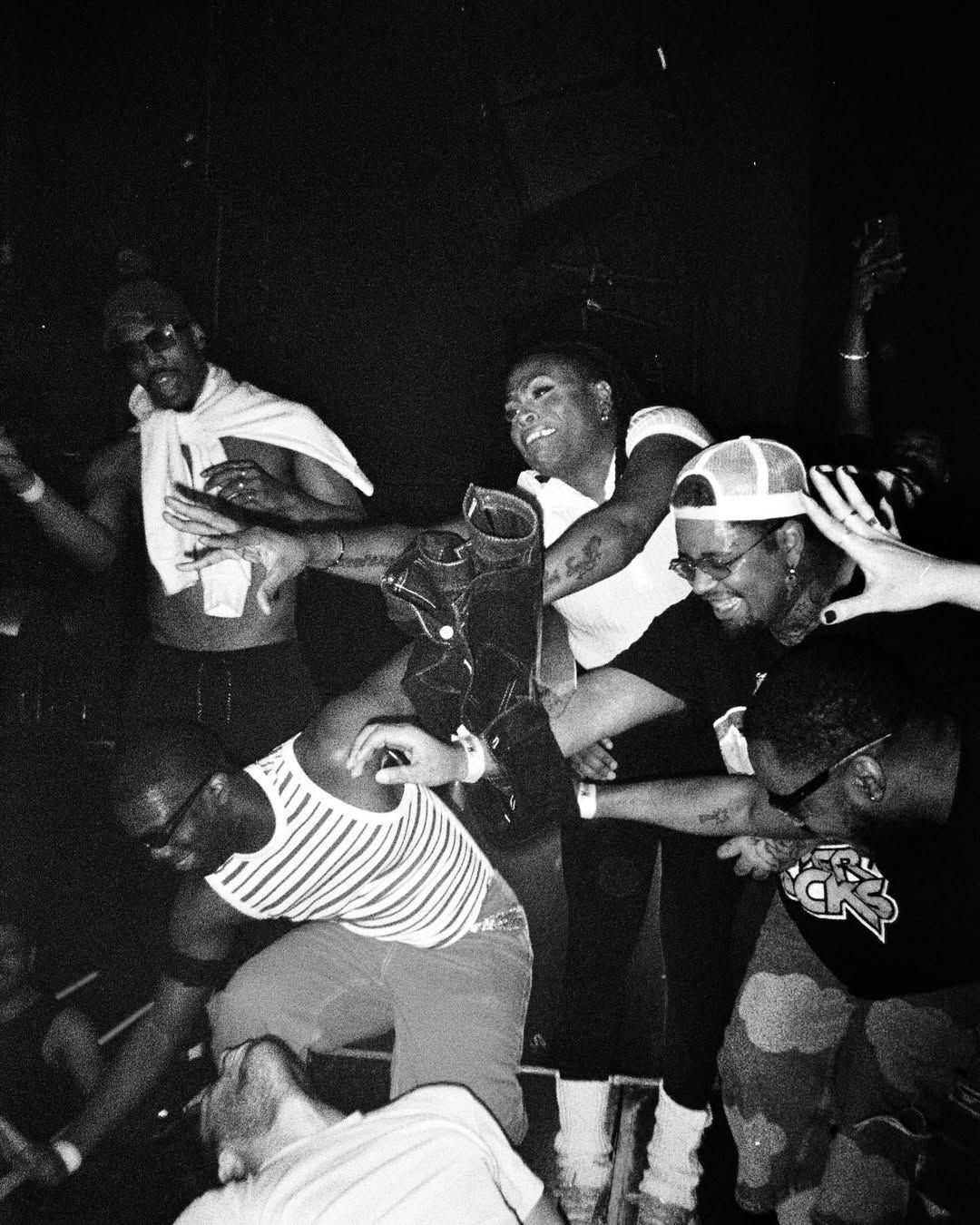
The sea, in Paris If you think about it, sea and Seine sound kinda similar
In Paris, ahead of the Olympics, one and a half billion euros have been invested to make it possible to swim safely in the Seine again, which runs through the French capital and has been unfit for swimming for about a century. The project will allow the river to host the marathon swimming and some triathlon events of the Olympic Games. In case the conditions of the Seine do not allow safe competition, there is a contingency plan to move to the Vaires-sur-Marne rowing stadium, just outside Paris. The idea is also to open to the public – starting next summer – some points along the river and give everyone the opportunity to swim there. At the beginning of July, analyses showed that pollution levels have dropped for the first time below the health risk threshold, making the Seine's water currently bacteriologically "clean". In the 1960s, the river had been declared "dead" biologically. In the past, excessively high levels of "Escherichia coli", a bacterium that can cause various infections, especially intestinal ones, had been detected. Among other measures to make the Seine swimmable again, the sewage system of Paris has been renewed so that stormwater is no longer discharged into the river. Also, boats moored along the banks of the Seine have been connected to the city's sewage system, whereas until last year, houseboats, bars, and floating restaurants discharged their wastewater directly into the Seine. Antibacterial treatment plants in the river have also been improved.
Marathon Swimming in the Seine
Open water swimming is a sport that inherently carries a percentage of risk and adaptation – among other things, it involves competing against currents, which can be very strong at times: thus, muscle preparation must be greater compared to traditional swimming. In the past, athletes have competed in dirty and polluted waters, and some have ended up in hospital due to poisoning; for this reason, some swimmers drink a glass of strong alcohol at the end of races, almost to "cleanse" themselves. Recently, to demonstrate that the Seine is no longer polluted and is suitable for hosting the Olympic Games, Paris mayor Anne Hidalgo was filmed swimming and bathing in the river. Macron also said he would dive into the Seine as a demonstrative action, but so far, he has not kept his promise. Among various commentators, almost all agree that competing in a legally inaccessible river for a century, the Seine in this case, would be a very important showcase for marathon swimming, thanks to a unique setting.
@ladypyjamas6 Her predecessor, Jacques Chirac, had also talked about swimming in the Seine post clean-up, but eventually refrained from it due its high pollution levels.
Nikki Haley Ask a Woman - user81330561673
What is the "Paris-Plage" Project About?
The plan of the Parisian administration to make the Seine swimmable for the Olympic Games, and then for everyone starting next year, is part of the project called "Paris-Plage" ("Paris-Beach"), through which the riverbanks have been equipped like beaches for over twenty years during the summer. Allowing people to swim would thus complete the circle for this initiative. However, convincing people that the Seine is truly clean and safe won't be easy. In addition to continuing to clean the river and monitor water quality, measures will be taken to reduce visible pollution such as plastic waste. Recently, there was also talk of another potential danger for future swimmers, caused by various pesticides that have ended up in the Seine over the years, but the city administration has assured that respective levels are within normal limits. The fact remains that in case of bad weather, swimming will probably be prohibited for the next 48 hours, similar to some beach regulations: on rainy days, the Seine tends to be more polluted, as the city drainage systems – despite being renewed – will be more stressed.















































